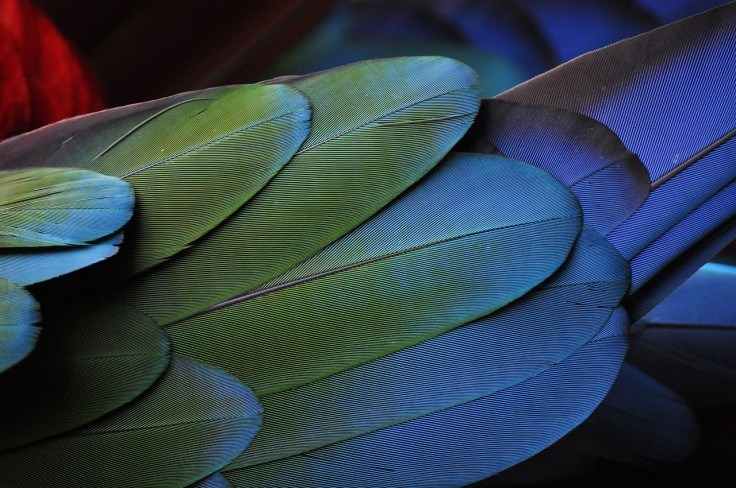North Carolina Zoo Closes Aviary To Protect Against Avian Flu
KEY POINTS
- Authorities have identified cases of avian flu in North and South Carolina
- The North Carolina Zoo this week closed its aviary to the public
- The zoo is working with authorities to determine when it would be safe to re-open
The North Carolina Zoo has closed its aviary for the time being in order to protect its birds from avian flu.
The highly contagious disease was recently identified in the Carolinas.
The move is a "preventive, precautionary measure" for all its bird species, Dr. Jb Minter, the Zoo’s Director for Animal Health, said in a statement, adding that avian flu is "often fatal" for birds. This comes just days after the North Carolina Department of Agriculture and Consumer Services (NCDA & CS) announced that it detected high path avian influenza (HPAI) in wild birds in Hyde County, making them among the first wild birds in the U.S. to contract Eurasian H5 HPAI since 2016.
The U.S. Department of Agriculture (USDA) also confirmed the cases, along with others in South Carolina. Since wild birds can still be infected with the viruses even if they don't look sick, the agency has urged people to limit their direct contact with wild birds. Those who do come in contact with wild birds should change their clothes and wash their hands with soap and water before touching or feeding the "healthy domestic poultry and birds."
"These three positive samples tell us that high path avian influenza is currently present in the American Atlantic migratory flyway," Steve Troxler, the Agriculture Commissioner, said in the NCDA & CS news release. "While this virus is not a food safety issue, anyone with commercial or backyard flocks of poultry need to implement strict biosecurity measures. These measures include keeping your flock inside."
So far, none of the birds at the zoo are displaying any signs of the disease, such as sneezing, poor appetite and coughing, the zoo noted. However, because of the cases, the zoo has also implemented "increased biosecurity" for its staff to protect the animals, only allowing "certain teams" to work with its birds.
The zoo noted that the risk to the general public is "very low" and transmission from bird to human is "very rare." For now, it is working with both the NCDA & CS and the USDA to determine when it would be safe to re-open the aviary soon.
With recently confirmed cases of avian flu in wild birds in eastern NC, the Zoo is taking the precautionary measure of closing the Aviary habitat to the public. Currently, none of the birds at the Zoo are showing any signs of the disease. More info: https://t.co/vv0HCNecjH pic.twitter.com/Va8IvbOyQo
— North Carolina Zoo (@NCZoo) January 25, 2022
As the USDA noted, those with commercial or backyard flocks also need to implement biosecurity measures to prevent the spread of disease. Some basic biosecurity measures include limiting visitors, providing disposable boot covers to anyone coming in contact with the flock and watching out for important signs of the illness. It's also important to report birds that are sick or dying to a local or state veterinarian and to call the USDA at 1-866-536-7593.

© Copyright IBTimes 2024. All rights reserved.






















